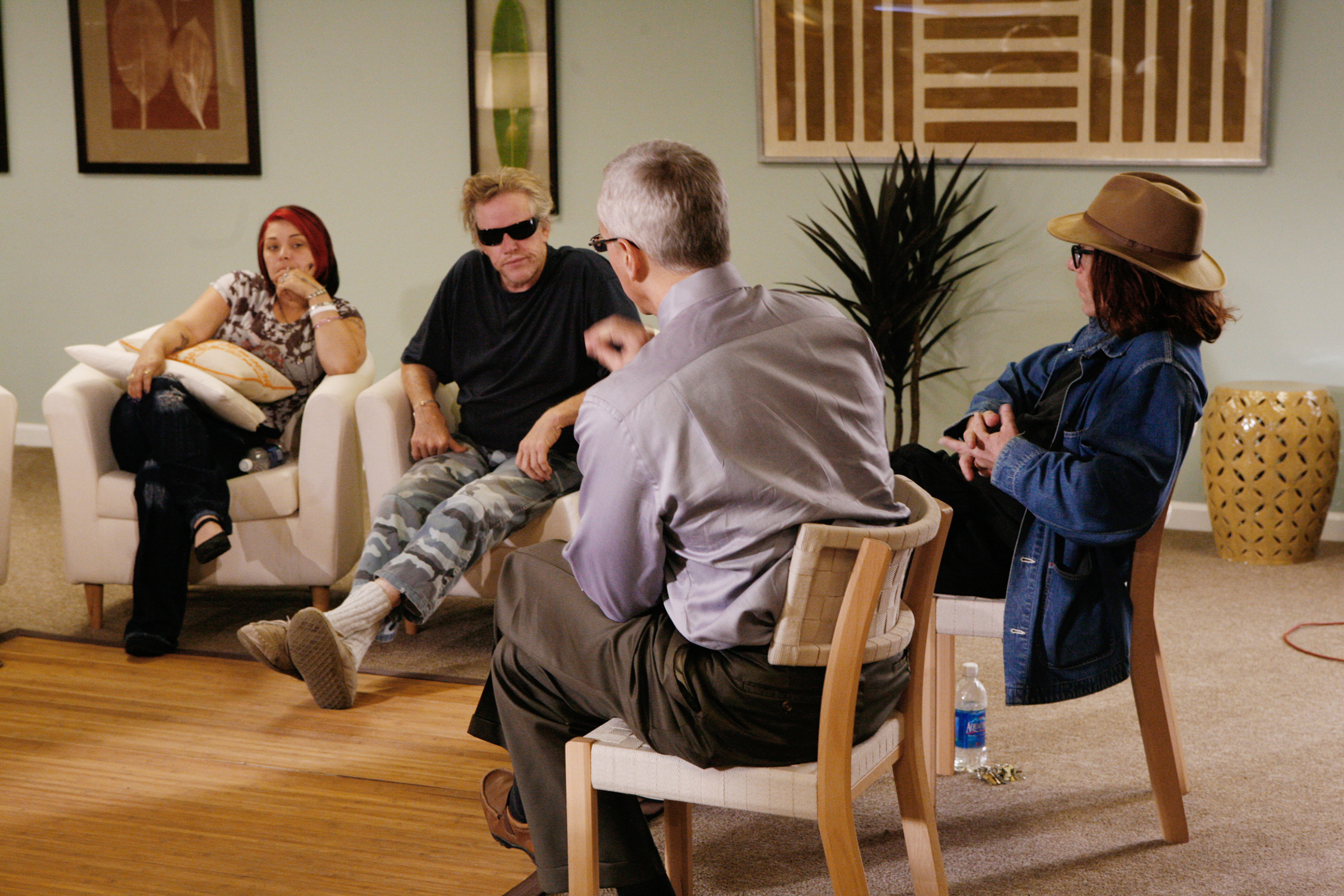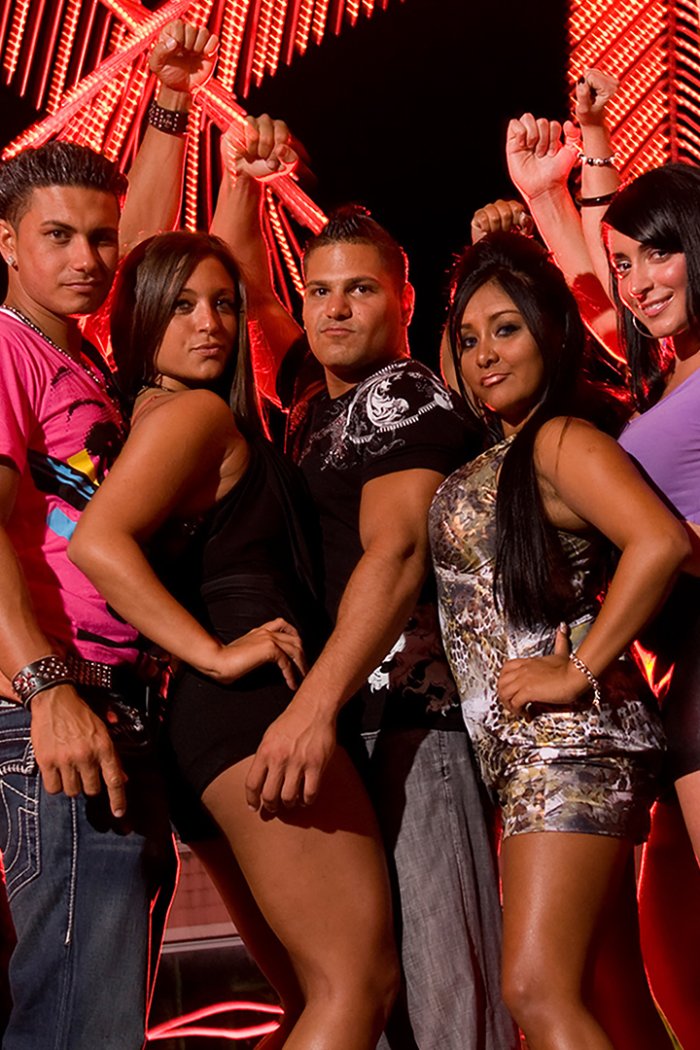Public humiliation comes with the territory of reality TV, but even within such a morally gray genre, shows about people suffering from addiction, like Intervention and Celebrity Rehab With Dr. Drew, raise unique ethical questions. Are they primarily educational, cautionary tales or just voyeuristic and exploitative entertainment? Can subjects dependent on mind-altering substances meaningfully consent to have cameras follow them 24/7? And in the case of Celebrity Rehab, which paid famous people hundreds of thousands of dollars to have their inpatient treatment documented, were producers essentially financing the habits of the many cast members who later relapsed?
The show’s gut-wrenching second season raised all of these issues and more. Actor Gary Busey, cast not as a patient but as a mentor touting 13 years of sobriety, instigated conflict more often than he squashed it. Jeff Conaway, best known as Kenickie from Grease, ended a harrowing two-season run by being ejected from the program for kicking his girlfriend during one of his many meltdowns. Tragically, four of the season’s nine participants—Conaway, Tawny Kitaen, Rodney King, and Nikki McKibbin—have since died. Ubiquitous TV doctor Drew Pinsky has faced widespread scrutiny in the wake of their untimely deaths, and those of other cast members from throughout Celeb Rehab’s six-season run, which suggest that the ends of a series like this one do not always justify reality television’s dehumanizing means. —Judy Berman
- Cybersecurity Experts Are Sounding the Alarm on DOGE
- Meet the 2025 Women of the Year
- The Harsh Truth About Disability Inclusion
- Why Do More Young Adults Have Cancer?
- Colman Domingo Leads With Radical Love
- How to Get Better at Doing Things Alone
- Michelle Zauner Stares Down the Darkness





